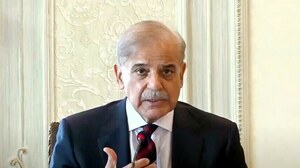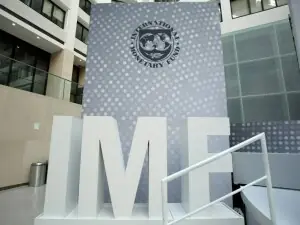A revaluation of the yuan would help reduce inflation risks in China's fast-growing economy but is no panacea for global imbalances, according to the Asian Development Bank. A policy paper from the Manila-based bank says a correction of the US current account deficit must come about by addressing its underlying causes - low private savings and a large fiscal deficit in the United States as well as America's superior growth rate compared with other industrial nations.
"Contrary to popular belief, a Chinese revaluation would have little impact on the US trade deficit," says the paper, written by ADB economist Cyn-Young Park.
Using Oxford Economic Forecasting's model of the global economy, Park calculates that a 10 percent revaluation of the yuan against the dollar in the second half of this year would trim the US trade deficit in 2006 by just $3.6 billion. A 20 percent revaluation would cut the deficit by $7.9 billion.
The US current account deficit would fall by just 0.02 percent or 0.05 percent of gross domestic product, respectively.
The deficit hit a record $666 billion in 2004, more than 6 percent of GDP.
The impact is minor because China accounts for just 13.4 percent of US imports and 4.3 percent of its exports. Also, a drop in imports from China would be offset by increased purchases from elsewhere in Asia, the ADB says.
By contrast, ditching the yuan's decade-old peg of around 8.3 per dollar and letting the currency float higher would have a big impact on the Chinese economy.
A 10 percent revaluation would reduce China's trade surplus by $15 billion in 2006 and a 20 percent revaluation would cut the surplus by $31.8 billion. Inflation would drop sharply, pushing up real interest rates and thus dampening investment demand.
GDP growth as a result would be slashed by 1.9 and 3.9 percentage points respectively.
However, because of China's current and capital account surpluses, inflationary pressures are rising. If growth remains strong and China continues to attract massive foreign capital, maintaining a fixed exchange rate will store up problems, Park writes.
BR100
16,405
Increased By
92.5 (0.57%)
BR30
52,938
Increased By
579.1 (1.11%)
KSE100
158,781
Increased By
743.5 (0.47%)
KSE30
48,500
Increased By
249 (0.52%)





















Comments
Comments are closed.